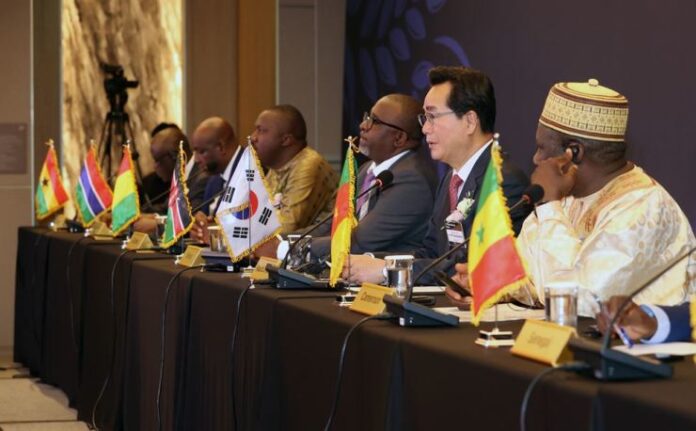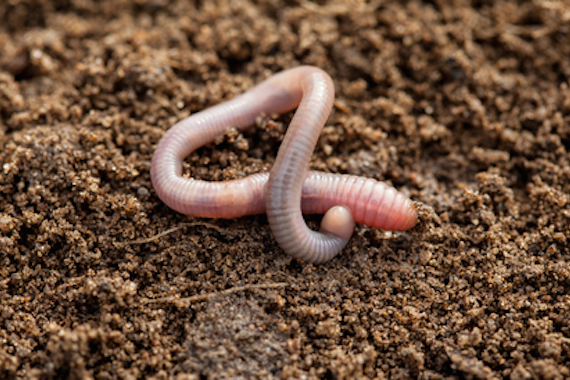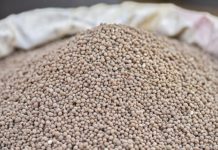
South Korea is set to sign an agreement this week with eight African countries to help boost rice production in a bid to reduce their reliance on imports.
According to Chung Hwang-keun, South Korea Agriculture Minister, the move will enable the nations access quality rice varieties and share its farming know-how further ensuring their sustainable food security.
It comes at a time President Yoon Suk Yeol has pledged to revamp South Korea’s foreign policy and make it a “global pivotal state” playing a more active role around the world.
Under the “K-Ricebelt Project”, South Korea will build facilities in Ghana, Guinea, Guinea-Bissau, Gambia, Senegal, Cameroon, Uganda, and Kenya to produce rice seeds that better suit local conditions and have yields two to three times higher than domestic varieties.
“We will sign an MOU with the respective nation to better meet each nation’s specific needs given unique circumstances and to achieve tangible results. This goes beyond simple food aid as we seek to let them know how to grow crops on their own,” said Hwang-keun.
Rice consumption in Africa
In 2020, African nations consumed 301.16 million tons of rice but only produced 210.54 million tons amid the lack of necessary infrastructure and technologies and poor crop yields.
As part of Seoul’s official development assistance (ODA), the “K-Ricebelt Project” initiative calls for supplying high-yield rice varieties and agricultural machines, helping Africa build irrigation and other necessary facilities, and sharing experiences and technologies regarding crop cultivation and distribution.
The initiative aims to harvest some 2,000 tons of rice varieties in Africa this year, with the figure rising to over 10,000 tons combined per year starting in 2027, a level enough to feed around 30 million people in the underdeveloped nations annually.
“This project will not only help resolve the food crisis in Africa but also develop their agriculture industry and the broader economy. It will also help achieve the world’s sustainable development goals by protecting the African continent,” said Hwang-keun.
Korea plans to earmark $80 million for the project by 2027, and it “can further expand the project as more African nations have voiced hope for participating in the project,” according to the minister.
Food security
Mithika Linturi, Kenya’s Agriculture and Livestock Development Cabinet Secretary, the deal will help Kenya and the other six countries to be food secure.
“South Korea is a role model in rice production where they transitioned from a food recipient country to a food exporter. This collaboration will benefit Kenya largely including technological advancement in rice production,” said Linturi.
Gambia’s Agriculture Minister Demba Sabally told also said that Korean rice varieties are popular in his country and the project will play a positive role in boosting Africa’s food security.








